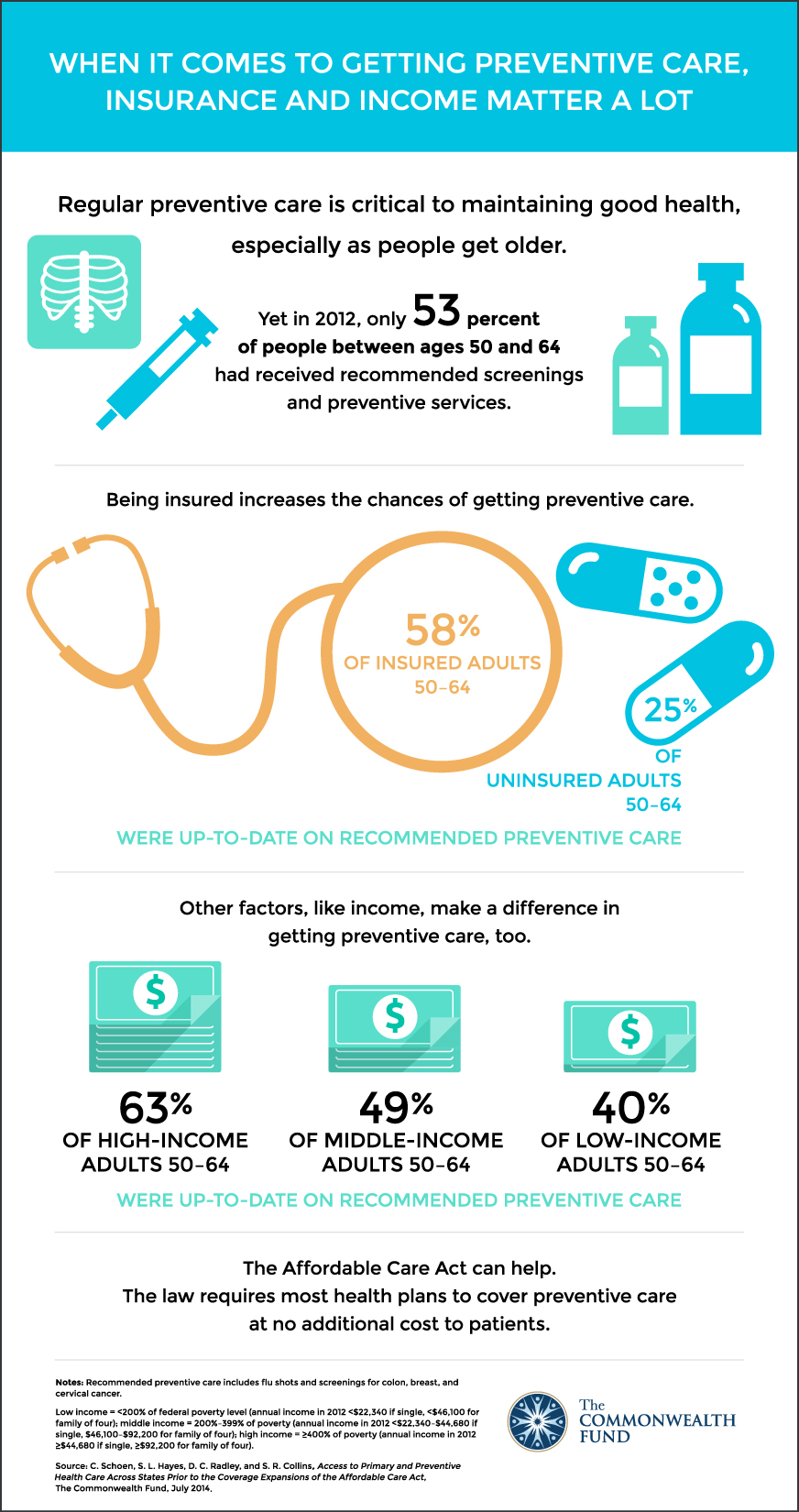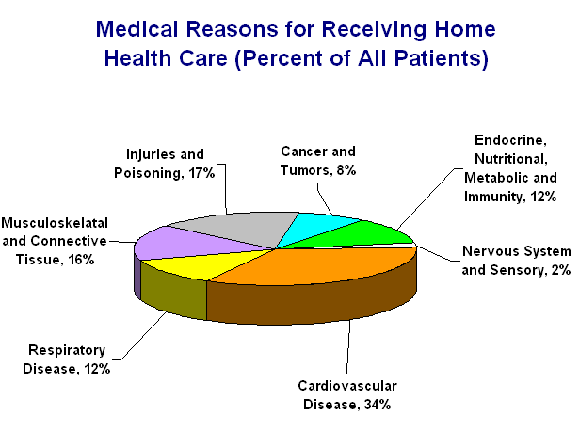I was informed that testing was "expense expensive" and may not offer definitive results. Paul's and Susan's stories are but two of actually thousands in which people pass away because our market-based system rejects access to needed healthcare. And the worst part of these stories is that they were registered in insurance coverage however could not get needed healthcare.
Far worse are the stories from those who can not pay for insurance coverage premiums at all. There is a particularly large group of the poorest individuals who discover themselves in this scenario. Possibly in passing the ACA, the government pictured those persons being covered by Medicaid, a federally financed state program. States, however, are left independent to accept or deny Medicaid funding based upon their own formulae.
People caught because space are those who are the poorest. They are not qualified for federal aids since they are too bad, and it was assumed they would be getting Medicaid. These people without insurance number at least 4.8 million grownups who have no access to health care. Premiums of $240 per month with additional out-of-pocket expenses of more than $6,000 per year are typical.
Imposition of premiums, deductibles, and co-pays is likewise discriminatory. Some individuals are asked to pay more than others just since they are ill. Costs in fact inhibit the responsible use of healthcare by installing barriers to access care. Right to health denied. Expense is not the only way in which our system renders the right to health null and space.
Employees remain in jobs where they are underpaid or suffer abusive working conditions so that they can retain health insurance; insurance coverage that may or might not get them health care, but which is better than nothing. Furthermore, those employees get healthcare just to the level that their needs agree with their companies' meaning of healthcare.
Hobby Lobby, 573 U.S. ___ (2014 ), which permits companies to refuse workers' coverage for reproductive health if irregular with the employer's faiths on reproductive rights. how did the patient protection and affordable care act increase access to health insurance?. Clearly, a human right can not be conditioned upon the faiths of another individual. To allow the exercise of one human rightin this case the company/owner's religious beliefsto deprive another's human rightin this case the staff member's get more info reproductive health carecompletely beats the vital principles of interdependence and universality.
All About Why Is Universal Health Care Bad
Despite the ACA and the Burwell choice, our right to health does exist. We need to not be confused between medical insurance and healthcare. Equating the 2 may be rooted in American exceptionalism; our nation has long deluded us into thinking insurance coverage, not health, is our right. Our government perpetuates this myth by determining the success of healthcare reform by counting the number of individuals are insured.
For instance, there can be no universal gain access to if we have only insurance coverage. We do not require access to the insurance office, but rather to the medical office. There can be no equity in a system that by its very nature profits on human suffering and denial of a fundamental right.
In other words, as long as we see health insurance coverage and healthcare as synonymous, we will never ever have the ability to declare our human right to health. The worst part of this "non-health system" is that our lives depend upon the ability to gain access to healthcare, not health insurance coverage. A system that allows large corporations to make money from deprivation of this right is not a health care system.

Only then can we tip the balance of power to require our federal government institute a real and universal healthcare system. In a country with a few of the very best medical research study, innovation, and professionals, people ought to not have to crave absence of healthcare (how much does medicaid pay for home health care). The genuine confusion lies in the treatment of health as a commodity.
It is a financial plan that has nothing to do with the actual physical or psychological health of our country. Even worse yet, it makes our right to health care contingent upon our financial abilities. Human rights are not products. The transition from a right to a commodity lies at the heart of a system that perverts a right into an opportunity for corporate profit at the cost of those who suffer the most.
That's their service model. They lose money every time we really use our insurance plan to get care. They have investors who anticipate to see big revenues. To protect those earnings, insurance is readily available for those who can afford it, vitiating the real right to health. The real meaning of this right to health care needs that everyone, acting together as a community and read more society, take obligation to guarantee that everyone can exercise this right.
The Ultimate Guide To How Do Patient Care Managers And Support Staff Use The Data Documented In The Health Record?
We have a right to the actual health care imagined by FDR, Martin Luther King Jr., and the United Nations. We recall that Health and Person Provider Secretary Kathleen Sibelius (speech on Martin Luther King Jr. Day 2013) guaranteed us: "We at the Department of Health and Person Solutions honor Martin Luther King Jr.'s require justice, and remember how 47 years ago he framed healthcare as a basic human right.
There is absolutely nothing more essential to pursuing the American dream than good health." All of this history has absolutely nothing to do with insurance coverage, but just with a basic human right to health care - which countries have universal health care. We understand that an insurance coverage system will not work. We need to stop confusing insurance and health care and demand universal healthcare.
We need to bring our government's robust defense of human rights house to secure and serve the people it represents. Band-aids won't fix this mess, but a real healthcare system can and will. As https://louisbidt964.shutterfly.com/29 people, we must call and declare this right for ourselves and our future generations. Mary Gerisch is a retired attorney and healthcare advocate.

Universal healthcare describes a national health care system in which every person has insurance protection. Though universal health care can refer to a system administered entirely by the federal government, many countries accomplish universal healthcare through a combination of state and personal individuals, including collective neighborhood funds and employer-supported programs.
Systems funded totally by the federal government are thought about single-payer health insurance. As of 2019, single-payer healthcare systems might be discovered in seventeen nations, including Canada, Norway, and Japan. In some single-payer systems, such as the National Health Providers in the United Kingdom, the government supplies health care services. Under a lot of single-payer systems, nevertheless, the government administers insurance coverage while nongovernmental organizations, consisting of personal business, offer treatment and care.
Critics of such programs contend that insurance coverage mandates force individuals to purchase insurance, weakening their individual freedoms. The United States has actually had a hard time both with making sure health coverage for the entire population and with minimizing general health care costs. Policymakers have actually looked for to deal with the problem at the local, state, and federal levels with varying degrees of success.